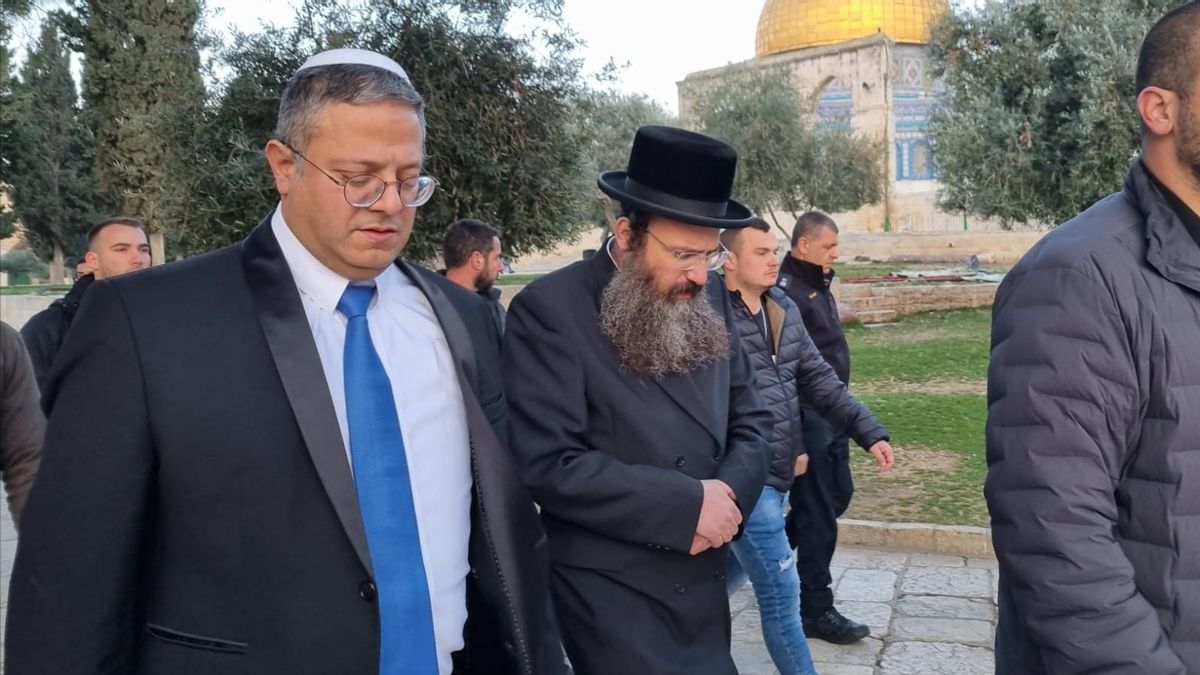JAKARTA - UN top officials said Israel's National Security Minister Itamar Ben-Gvir's visit to the Al Aqsa Mosque Complex in East Jerusalem was seen as "very inciting", warning of the risk of violence and asking all parties to exercise restraint.
Speaking to the UN Security Council on Thursday, Khaled Khiari, Assistant Secretary General for Political Affairs and Peace Development said all parties should work to lower tensions following the visit.
"Although the visit was not accompanied or followed by violence, it looks very inciting, given the past Ben Gvir advocacy for the change in status quo," Khiari said in an emergency session of the council requested by the UAE and China. January 6th.
"As we have seen many times in the past, the situation in the holy places of Jerusalem is very fragile, any incident or tension there can spread and cause violence throughout the occupied Palestinian territories, in Israel and elsewhere in the region," he explained.
On the occasion, Khiari repeated UN Secretary-General Antonio Guterres' call for all parties to refrain from steps that could "increase tensions in and around the holy place and for all to enforce the status quo, in line with the Jordanian Kingdom's special role."
Prior to the Security Council meeting, Israel's Ambassador to the United Nations Gilad Erdan said the visit was "not an attack" on Al Aqsa and "Anyone who claims otherwise only ignites the situation".
It is known that an emergency meeting was requested after Ben-Gvir, a far-right leader who previously called for a change in status quo in Jerusalem, visited Al Aqsa, a site that was also respected by Jews.
"Temple Mount is open to everyone," Ben-Gvir tweeted, using Jewish names for the site.
Ben-Gvir's visit sparked waves of international condemnation, including from Israel's close ally, the United States.
Although the visit to the holy place passed without an incident, it risks increasing friction with Palestinians after a wave of violence in the West Bank in 2022.
Al Aqsa Mosque Complex is located in East Jerusalem and is the third holiest site in Islam. Under the old status quo, non-Muslims can visit the site at any given time, but are not allowed to pray there.
In recent years, more and more Jews, most of them are Israeli nationalists, who secretly prayed in the complex, a development that Palestinians have criticized.
The English, Chinese, Japanese, Arabic, and French versions are automatically generated by the AI. So there may still be inaccuracies in translating, please always see Indonesian as our main language. (system supported by DigitalSiber.id)









